The Path to Becoming a Skin Care Specialist
The journey to becoming a certified skin care specialist is a path filled with education, practical training, and a deep understanding of skin health. As the demand for skilled estheticians continues to rise, understanding the requisite esthetician programs and certifications is essential for aspirants. Below, we explore the structured path one must follow to enter the world of skin care as a qualified professional. With advancements in aesthetic technology and diverse skin care treatments, this field offers exciting opportunities for those interested in beauty and wellness.
Understanding the Role of a Skin Care Specialist
The Scope of Work in Skin Care
Skin care specialists, often referred to as estheticians, are integral to the beauty and wellness industry. They offer a range of services including facials, microdermabrasion, body treatments, and hair removal. In addition to providing treatments, specialists educate clients on proper skin care routines and product selections tailored to individual needs. The scope of work often extends to collaboration with dermatologists and cosmetologists, ensuring a holistic approach to skin health. An esthetician’s work significantly impacts a client’s appearance and confidence, making it a rewarding profession.
Skills Required for Success
Success in this field requires a unique combination of technical skills and interpersonal abilities. Professionals must be adept at using various tools and technologies, such as lasers and light therapy devices. Effective communication is crucial, as estheticians need to discuss treatment options and skin care plans with clients clearly. Problem-solving skills are essential to customize treatments based on skin type and condition. Additionally, having a keen business acumen can benefit those interested in starting their own practice or moving into managerial roles.
The Importance of Professional Training
Professional training lays the foundation for a successful career in skin care. It equips students with necessary skills and knowledge about dermatology, anatomy, and physiology of the skin. Through structured curriculum, aspirants learn about different treatment techniques and proper safety protocols. Training often includes hands-on practice under supervision, which is crucial for building confidence and expertise. Graduates of accredited programs are more competitive candidates in the job market, proving the value of comprehensive education in this field.
The Basics of Esthetician Programs
Course Curriculum Overview
Esthetician programs are designed to provide a thorough understanding of skin care and beauty treatments. The curriculum typically covers topics such as skin anatomy, infection control, hair removal, and client consultation. Advanced programs may also include specialized subjects like aromatherapy and chemical peels. Students engage in both theoretical and practical learning to develop proficiency in various techniques. Accredited institutions ensure that the curriculum meets industry standards, preparing students for licensing examinations and career success.
Duration and Intensity of Courses
Course durations vary depending on the program and state requirements. Generally, esthetician programs require between 300 to 1,500 hours of study, which can take several months to over a year to complete. Intensive full-time courses are available for individuals seeking to enter the workforce quickly, while part-time programs cater to those managing other commitments. The intensity of these programs necessitates dedication and focus to succeed. Flexibility in scheduling allows institutions to accommodate a wide range of students aiming for a career in skin care.
Educational Institutions and Accreditation
Prospective estheticians should prioritize enrolling in accredited institutions. Accreditation ensures that the school meets specific educational and ethical standards. Institutions like community colleges, beauty schools, and vocational schools offer esthetician training programs. Performing due diligence to verify a program’s accreditation can affect one’s eligibility for licensing exams and future employment opportunities. Students should also inquire about the institution's placement rates and industry connections to maximize career prospects post-graduation.
Advanced Training and Specializations
Specialization Options Within Aesthetic Medicine
Many professionals choose to pursue specializations to enhance their expertise and marketability after attending esthetician programs. Options include medical esthetics, laser treatments, acne care, and anti-aging procedures. According to Fortune Business Insights, the global laser hair removal market was valued at $1.22 billion in 2024, highlighting the growing demand for specialized services. Specializations allow professionals to work in niche areas, such as dermatology clinics or spa settings, often commanding higher salaries. Developing expertise in a specific domain can also increase job satisfaction by aligning with personal interests.
Benefits of Specialization
Specializing in a particular area of skin care can significantly impact an esthetician’s career trajectory. It positions individuals as sought-after experts in their field, potentially leading to roles that involve more responsibility and higher pay. Specialization contributes to personal satisfaction by allowing professionals to focus on areas they are truly passionate about. It also facilitates collaborations with physicians and other specialists, broadening professional opportunities. Furthermore, specialization can lead to leadership roles in education, training, or business, elevating one’s standing in the industry.
Licensing and Certification Requirements
National Licensing Examinations
Licensing is a mandatory step for anyone wanting to practice as an esthetician. After completing an accredited program, graduates must pass a national licensing examination. These exams evaluate a candidate’s proficiency in both theoretical knowledge and practical skills. Achieving licensure demonstrates to clients and employers that an individual is competent and qualified. Licensing examinations are a rigorous assessment of an aspiring esthetician’s expertise and readiness to enter the professional realm.
State-Specific Requirements
While there are national standards, each state holds its own specific requirements for aspiring estheticians. This includes varying numbers of required hours for training programs and additional state-specific examinations. Some states may also have continuing education requirements for license renewal. Understanding and complying with state-specific mandates is crucial for maintaining one's professional standing. As regulations can change, staying informed of any legislative updates is a part of a dedicated esthetician's responsibility.
Establishing a Career in Skin Care
Finding Employment in the Industry
The skin care industry offers diverse opportunities in salons, spas, dermatology offices, and wellness centers. Networking and professional referrals often play a significant role in obtaining a position, especially when finishing up esthetician programs. Staying informed of job openings through online job platforms and industry newsletters is also beneficial. Tailoring resumes and cover letters to highlight relevant skills and experience can make candidates more appealing to employers. Demonstrating passion and a solid understanding of current market trends can differentiate candidates in a competitive job market.
Starting Your Own Practice
For estheticians with an entrepreneurial spirit, starting a personal practice is a rewarding yet challenging endeavor. A solid business plan, including location, services offered, and target clientele, is critical for success. Knowledge of marketing strategies, financial management, and legal requirements is also necessary for a thriving practice. Entrepreneurship offers autonomy, allowing professionals to establish their brand and attract a dedicated client base. Many skin care specialists find great personal and financial fulfillment in building a successful independent business.
Marketing and Client Acquisition
Effective marketing is essential for attracting and retaining clients in the skin care industry. Leveraging social media platforms to showcase before-and-after transformations and share client testimonials can enhance visibility. Offering promotions and referral discounts can help in acquiring new clients through word-of-mouth. Establishing a strong online presence with a professional website and consistent branding aids in establishing credibility and trust. Networking with other professionals in the field can also lead to client referrals and partnerships beneficial to career growth.
Becoming a skin care specialist is a fulfilling career choice that combines passion with science. By completing the necessary esthetician programs, obtaining the appropriate licenses, and continuously enhancing one's skills, an individual can secure a prosperous position in this field. Here at American Academy of Aesthetics, we offer a comprehensive aesthetic and skin care course in Dallas, TX. Get in touch with our team today to learn more!
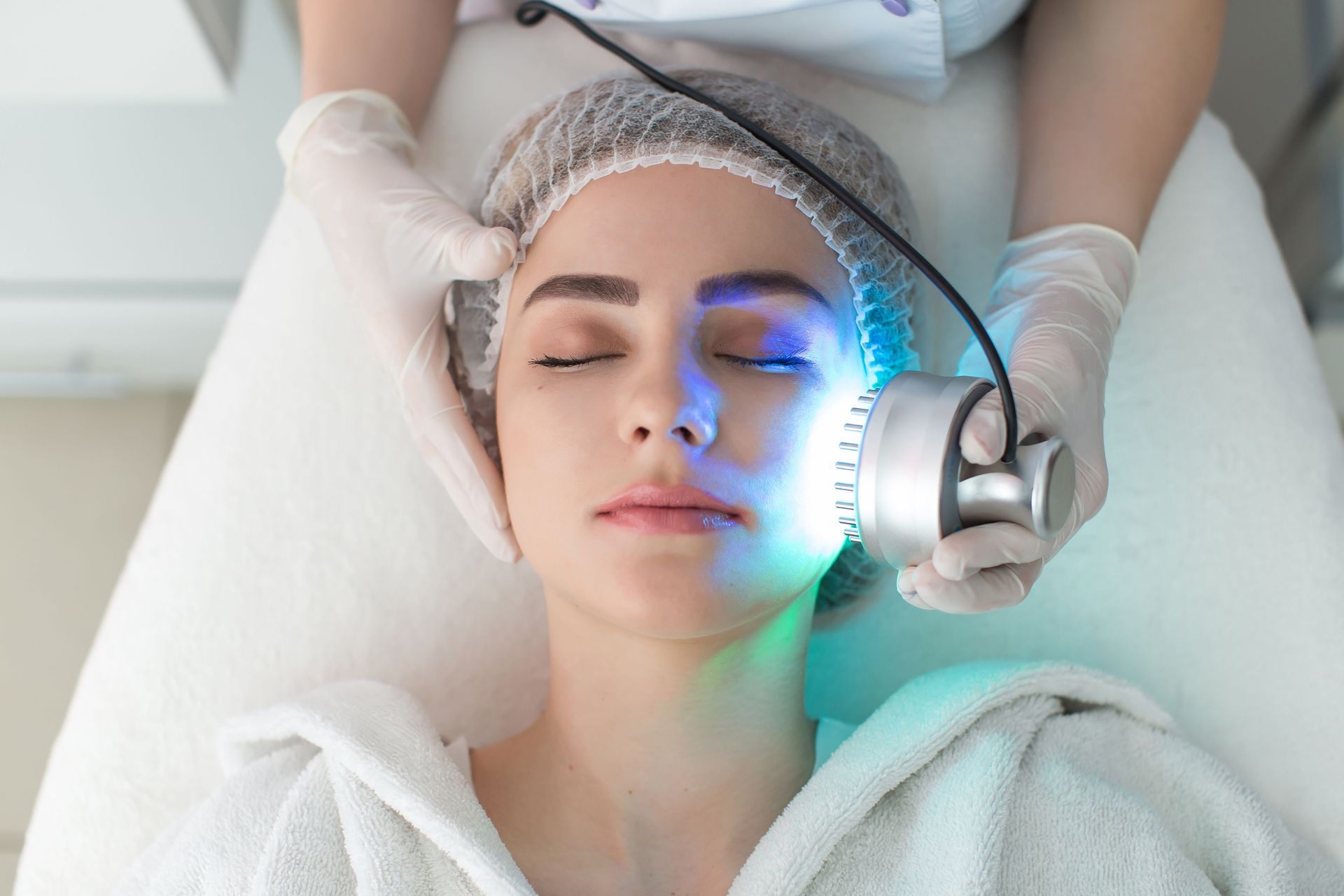

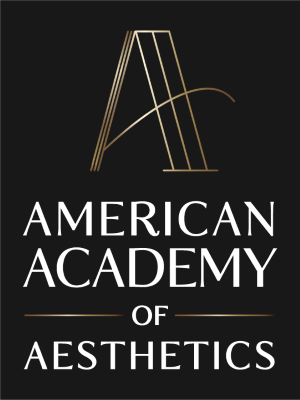








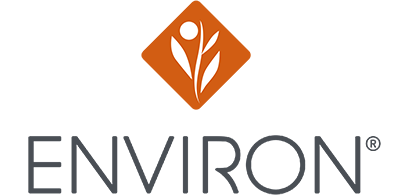
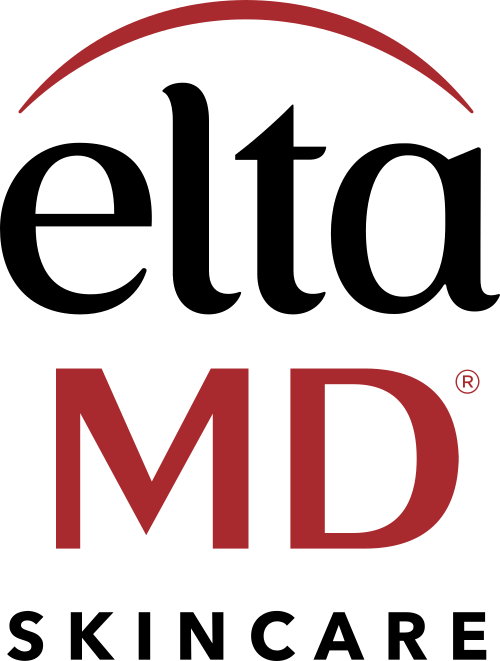






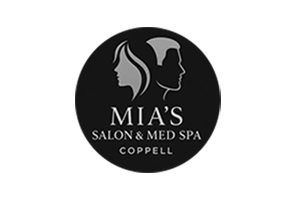

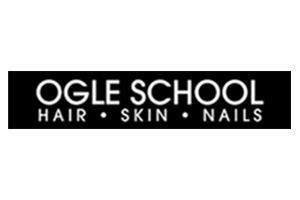
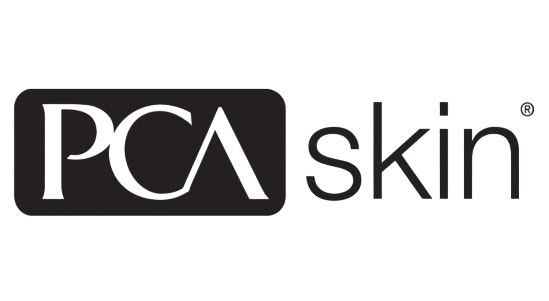




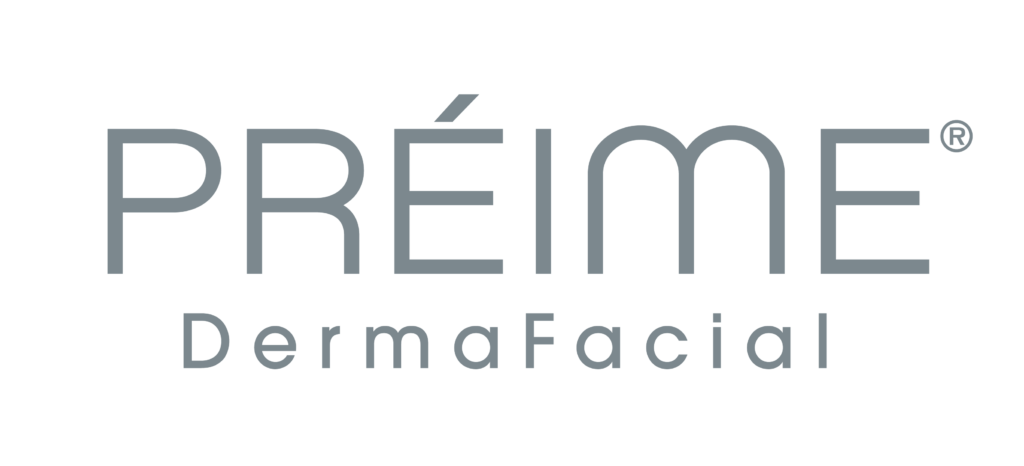
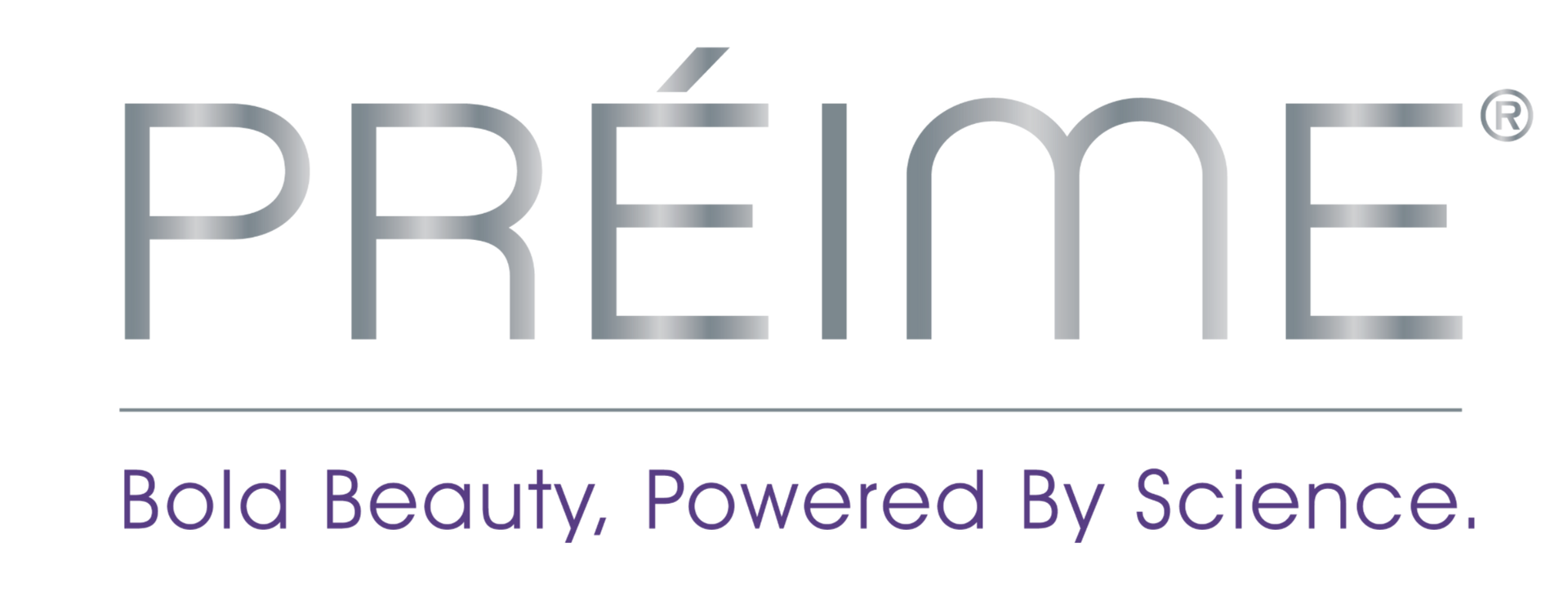






Share On: